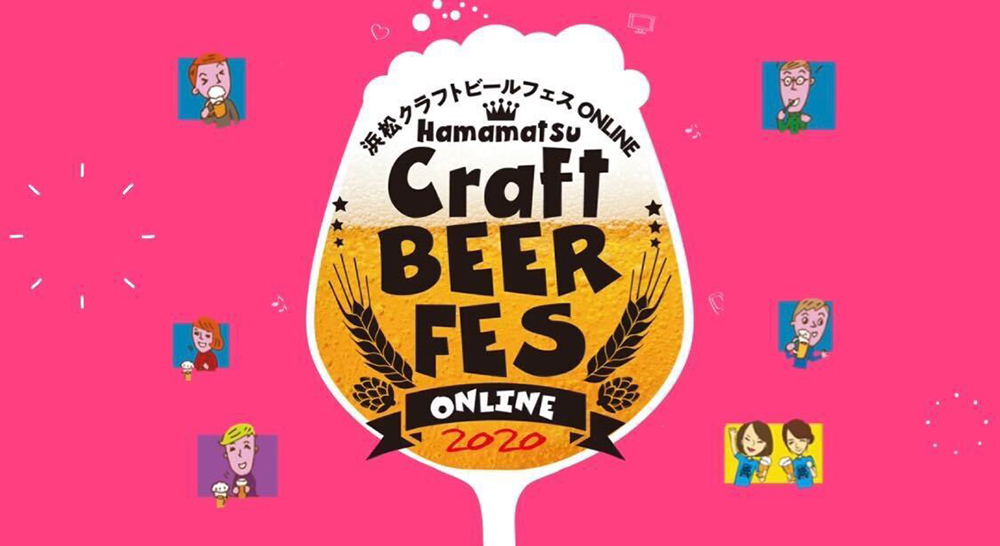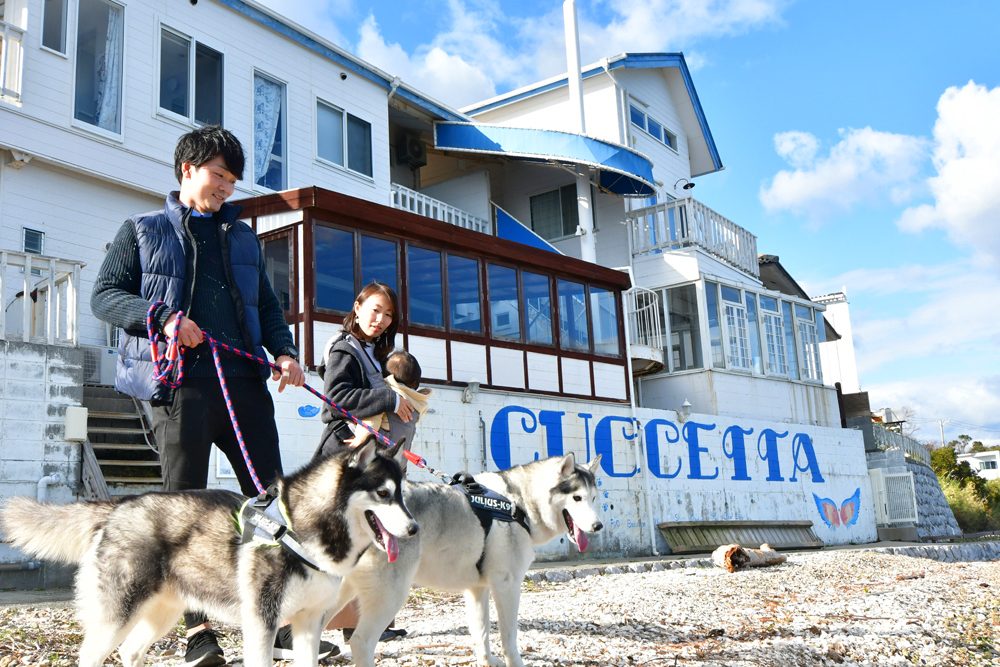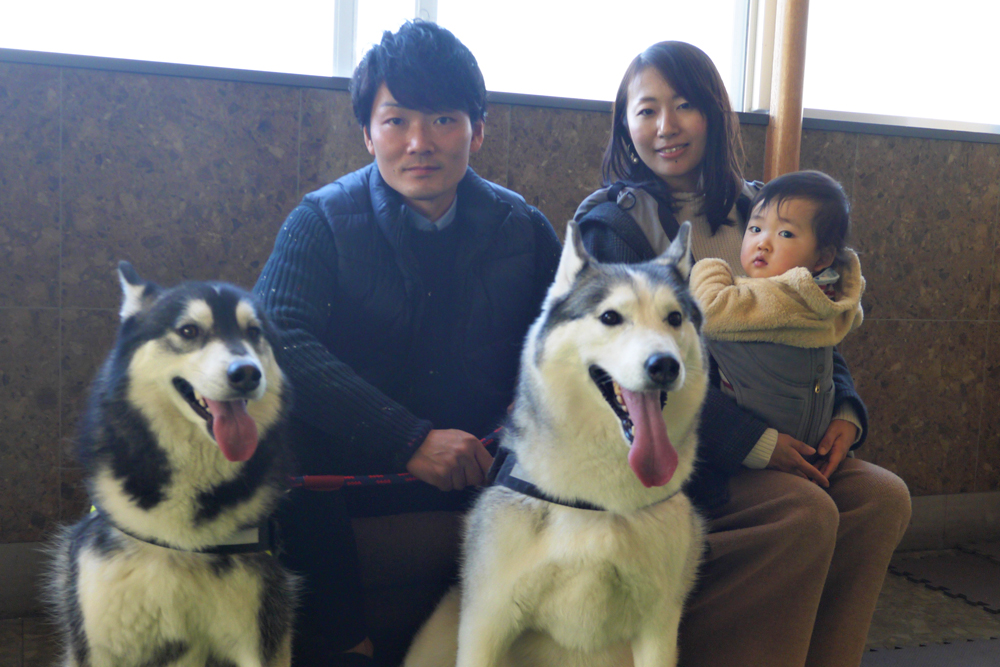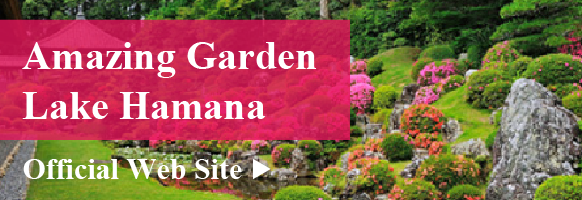Get to Know Hamamatsu
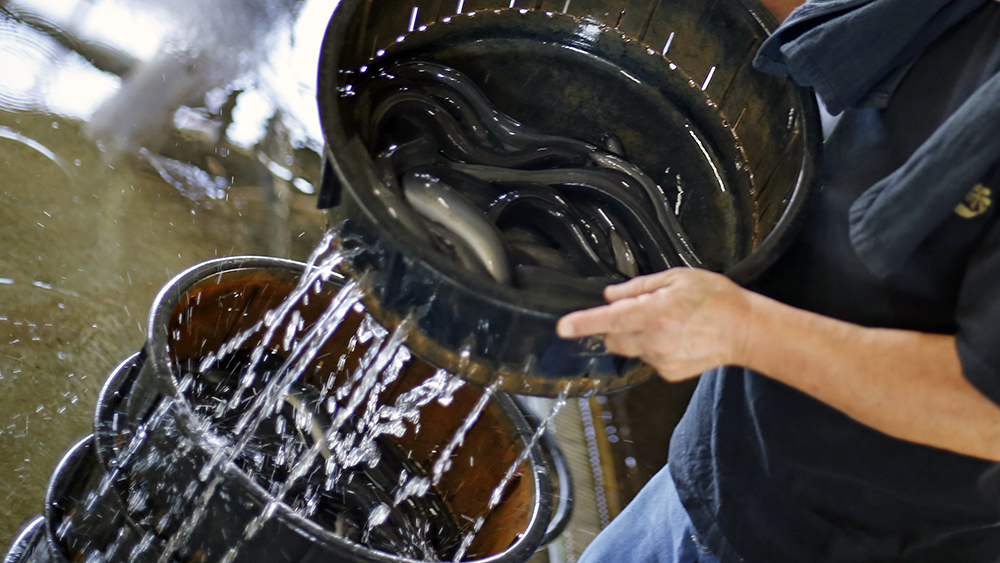
- Eat
- Watch
Touch the eel at Lake Hamana! Eel Tenpo eel farm tour
The rainy season is over and summer is in full swing. Supermarkets are busy selling “Doyo no Ushi” eel. For a long time, people believed that people should eat eel to get plenty of nutrients during the summer when people tend to get sick, and there are poems about eel in the Manyoshu.
We spoke to Mr. Masaaki Yamashita of Tenpo Co., Ltd. second generation Ikeban Co., Ltd., who runs an eel farm in Hamamatsu City, about eel, which Japanese people have a connection with and love.
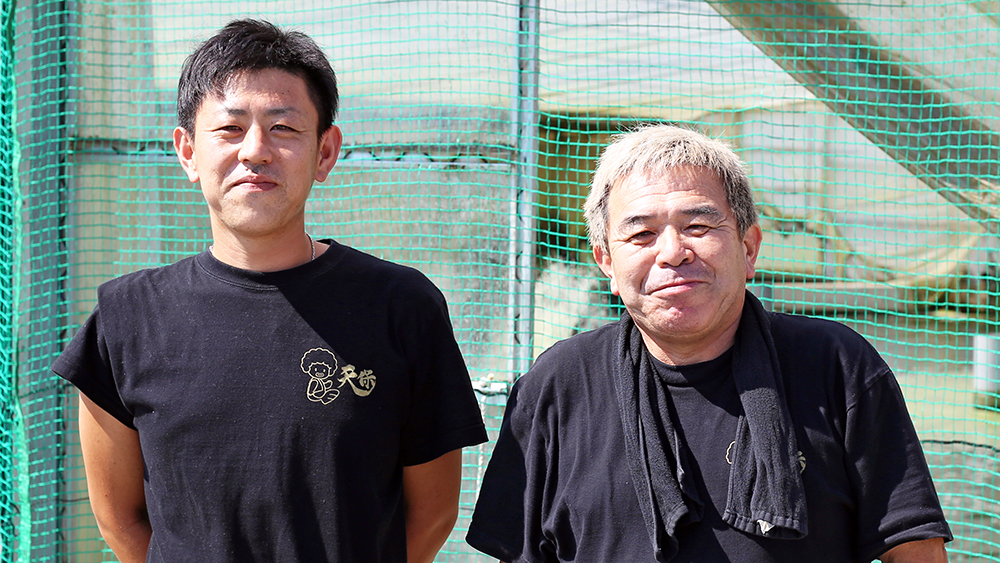
Left/Mr. Shota Yamashita, 3rd generation pond keeper, Right/Mr. Masaaki Yamashita, 2nd generation pond keeper
Lake Hamana eel has become an endangered species. Eel farm where parents and children continue to take on challenges
Eel farming in Lake Hamana began around 1890, and became popular due to the warm climate, groundwater, and availability of young eels (whitebait eels).
It is said that 45 years ago, there were 500 eel farmers in Lake Hamana, but due to price fluctuations due to the import of foreign eel, a decrease in the number of young eels, and the Japanese eel being designated as an endangered species, there are currently only 28 eel farmers. To. Mr. Yamashita was also worried about whether to continue the business due to the typhoon damage, but his son came to help with the business, so he built a new house and continued the business. Every day, we work on technological innovation in eel farms. Even the way the door is closed seems to be inventive and ingenious.
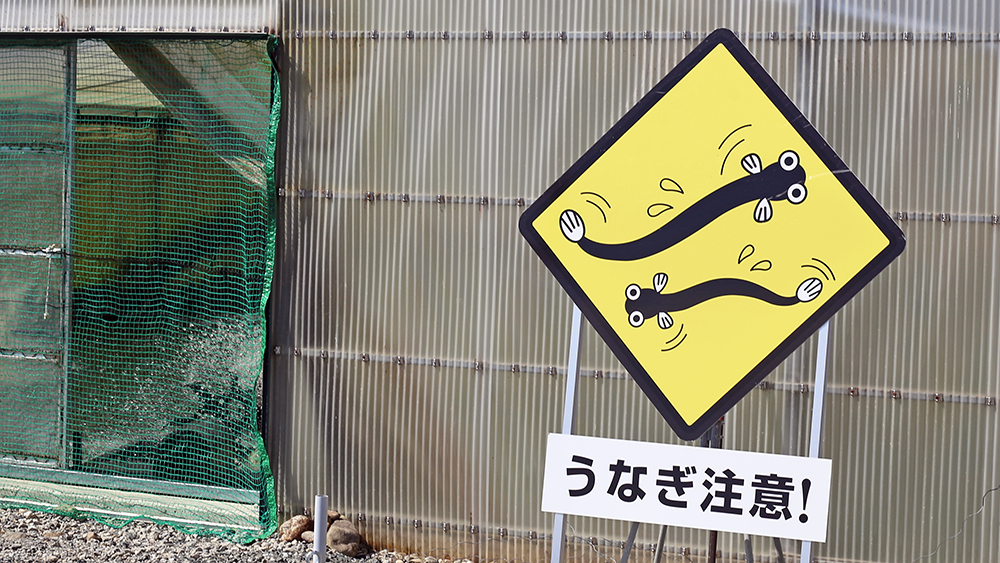
All eels are male! ? Recommended for free research during summer vacation
A tour of the farm will take 40 minutes to an hour and will be conducted by Mr. Yamashita, the pond manager who knows everything about the site. Have fun learning about the history of aquaculture and the food culture of eel, and tour the site to avoid slipping and falling. The children’s excitement rises the moment they touch the eel.
Tenpo raises 100,000 eels a year, but in nature the eels are separated into males and females after more than 10 years, so all the eels at the eel farm are male. Many people are also surprised by the fact that Shizuoka Prefecture ranks fourth in the country in terms of eel production.
Some children became interested in fish ecology after visiting an eel farm and went on to attend university in Hokkaido to become involved in fish research.
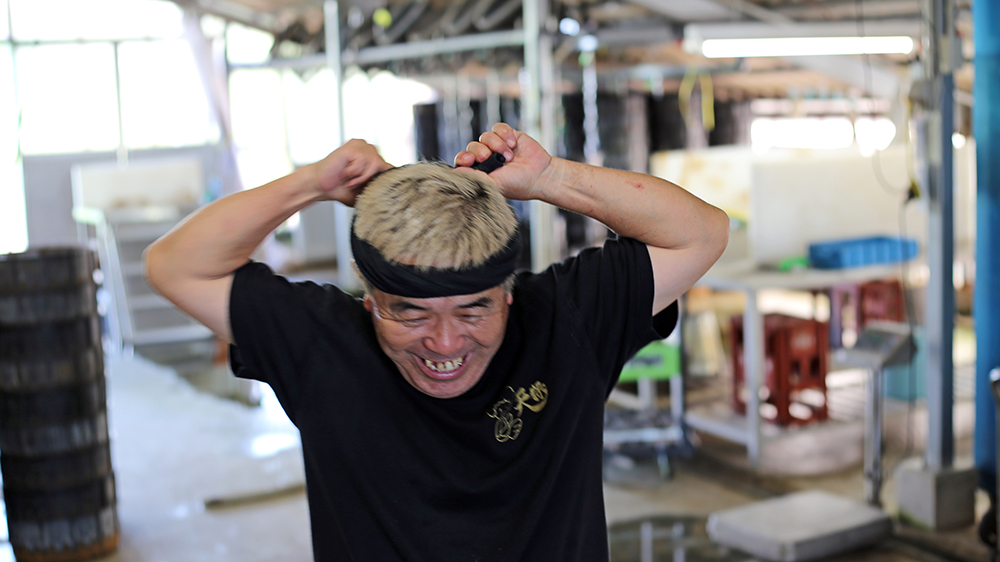
Eel is a summer gift you'll want to give to your loved ones.
Due to the coronavirus pandemic, the number of tourists from outside the prefecture has decreased, and currently 60% of sales are made through mail order. There is a lot of demand for gifts such as “I want to give it to my parents because I can’t go home” or “I want to give it to my parents on Father’s Day,” and especially in the summer, many customers choose eel as a mid-year gift or as a gift to prevent summer fatigue. .
The recommended dish is the white grilled eel, which has plump flesh and soft skin.If you’re cooking it at home, blanching the eel removes the excess fat, making it easy to eat and delicious. “The taste is loved by everyone, young and old, so I want people to gain strength by eating eel,” says Mr. Yamashita.
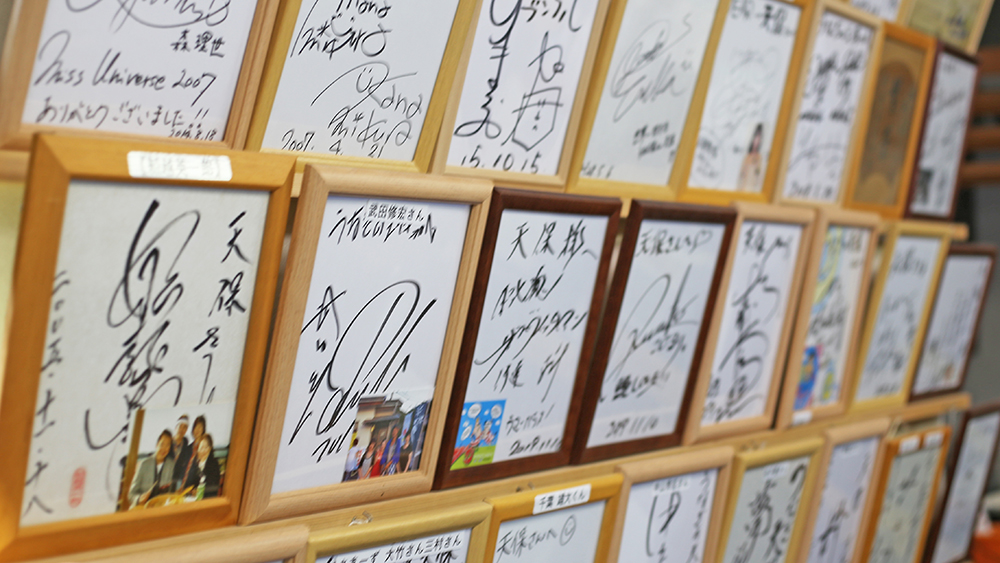
Tenpo is the only one in Lake Hamana. Eel farm tour guided by pond manager Mr. Yamashita himself
At the end of the interview, in a store lined with colored papers of famous people, when I asked him about his future plans, two words jumped out at me: “Aquaponics” and “Aztec Stadium.”
Aquaponics is a system that combines fish farming and hydroponic cultivation of vegetables and fruits. Mr. Yamashita is currently exploring the possibility of using the nutrient-rich water used for eel farming to grow strawberries.
Another dream is to go to Mexico’s Azteca Stadium again. Mr. Yamashita loves soccer and has even been to the World Cup in Mexico to watch the games. Someday, he would like to go on a trip to experience the atmosphere and enthusiasm of those days once again.
The eel farm tour, which is full of live music that conveys the passion for eel, may have its origins in the experience of experiencing the excitement of the World Cup live.
Link:「 https://www.unagi-tenpo.com/」
